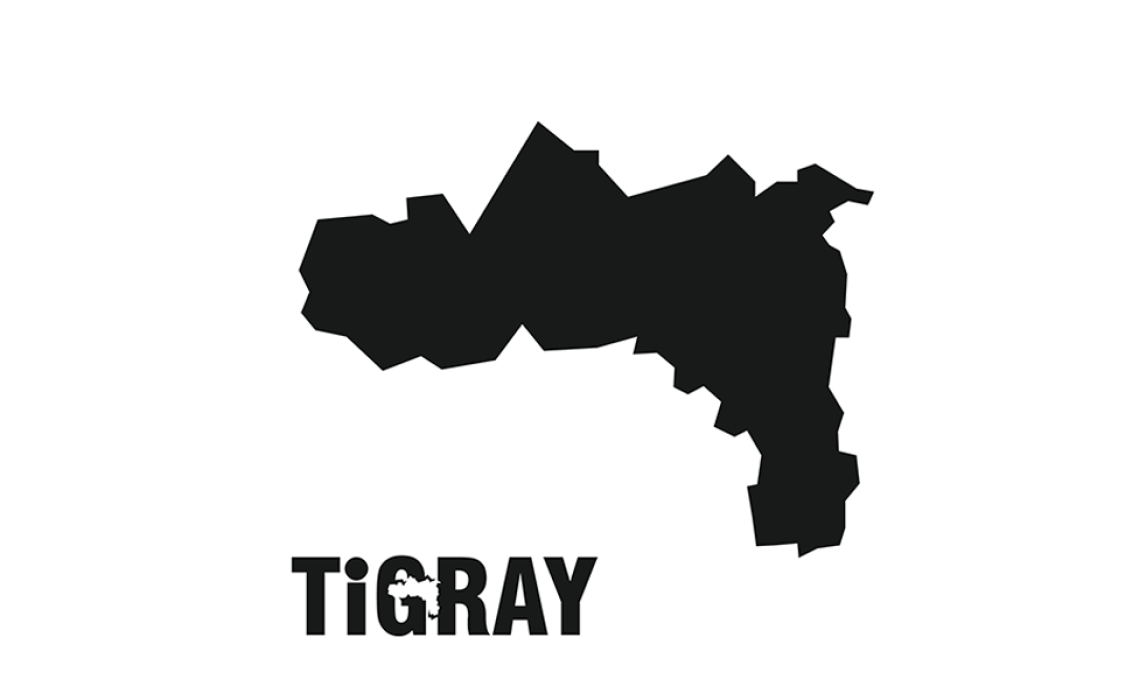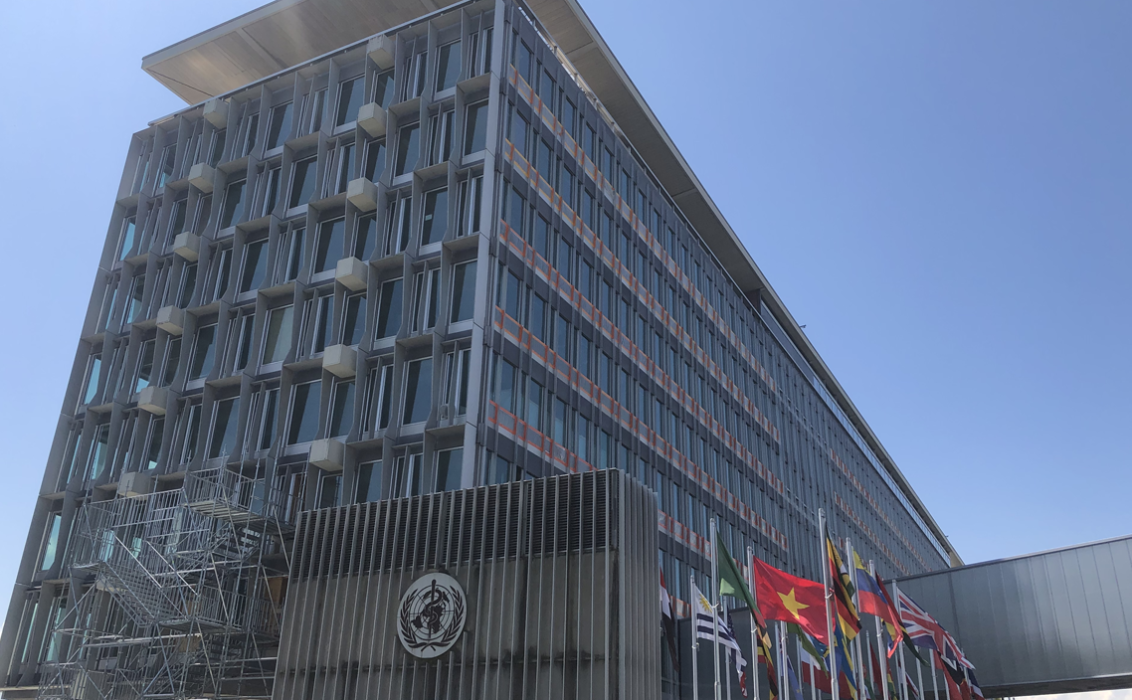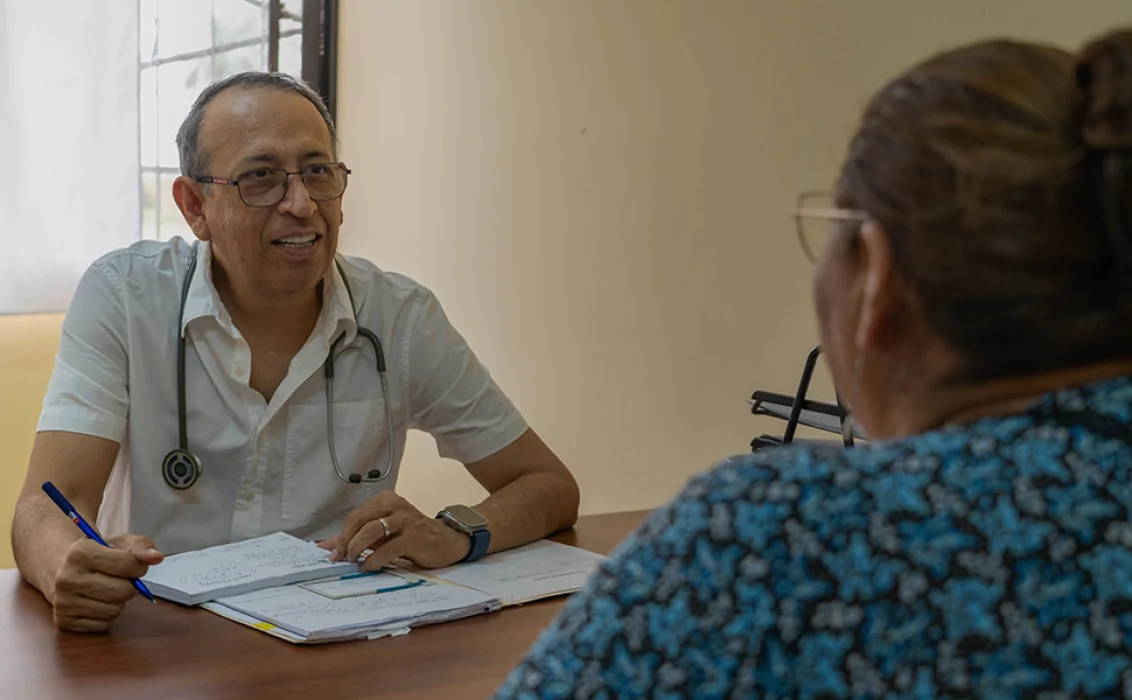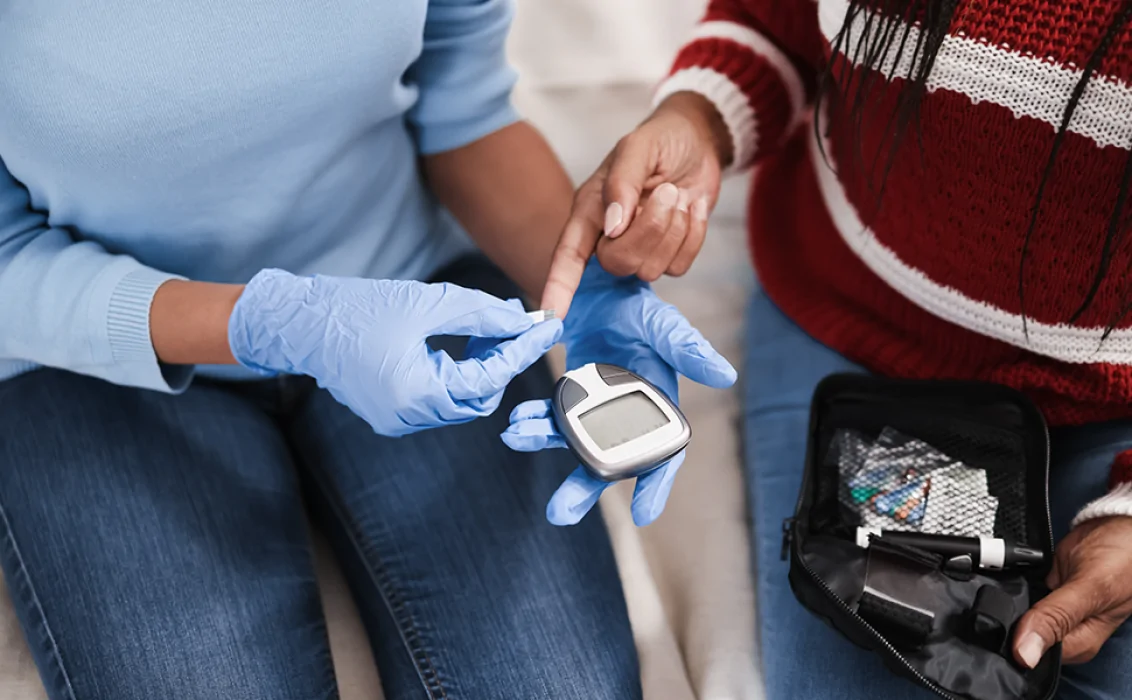Last week, staff at Ayder Comprehensive Specialised Hospital in Mekelle, the largest referral hospital serving the 7 million people of Tigray (Northern Ethiopia), released an appeal to the world regarding the dire health delivery problems they are facing due to the ongoing conflict between the Federal Government and the Tigray Regional Government.
As one of two doctors responsible for the management of people with diabetes at Ayder Hospital, I would like to highlight the plight of people with diabetes, particularly with type 1, who are now at serious risk of death due to lack of insulin.
There are over 2500 people with diabetes in our register at Ayder. In Tigray as a whole, though an underestimate due to under-diagnosis and limited access to diabetes care, there were 6726 people with type 1 and 17,627 with type 2 diabetes that were receiving regular follow-ups at General and Primary hospitals before the start of the war in November 2020. A war that is unfortunately still ongoing.
People with diabetes in Tigray were normally managed with medicines provided by the Ethiopian Federal Government. Some medicines, for example insulin donated by Novo Nordisk and Life for a Child is sent to Tigray directly by the Ethiopian Diabetic Association. Unfortunately, the war has led to the destruction of health services across Tigray and increased the flow of people with diabetes to our hospital to almost double the pre-war numbers (1065 in October 2021 compared to 554 people in October 2020). These numbers do not include well and moderately well-controlled patients, with priority given to people with severe hyperglycaemic symptoms due to extremely poor control, often with multiple diabetes complications.
Sadly, since July 2021 we have not received any diabetes medicines from the Federal Government, despite continuing to serve greater numbers of people with diabetes with more acute needs. We exhausted our stock of diabetes medicines September 2021 and have been forced to use to expired medicines to keep our patients alive. Our treatment has recently focused on preventing acute complications such as DKA and hyperglycaemic hyperosmolar state, and not on appropriate glucose control to prevent chronic microvascular complications. In addition, most of our patients are malnourished due to lack of food, further reducing their resilience to fight communicable diseases.
A report recently received from our pharmacy head sadly informed us that we are left with around 150 vials of insulin and no oral anti-diabetic medicines. This very limited amount will only allow us to serve our patients in need for less than a week. We have also run out of IV fluids and have started treating DKA with oral hydration which is extremely difficult because of co-existent nausea and vomiting, resulting in avoidable deaths. A diabetes catastrophe is thus unfolding as people with type 1 diabetes cannot live without insulin.
In conflicts there are always many wrongs, often on both sides, but we feel denying medical care to innocent civilians under any circumstances is unethical. We appeal to health care professionals around the world, the International Diabetes Federation, the International Insulin Foundation, Juvenile Diabetes Research Foundation, the UN, the African Union, the WHO etc. to help avert this blockage of critically important, life-saving medicines. We have been assured that insulin earmarked for Tigray is readily available in Addis Ababa and there are currently weekly UN and ICRC flights to Mekelle from Addis Ababa that can deliver these medicines.
In 2022, 100 years after the discovery insulin, please let us not deliberately sentence our type 1 diabetes population to inevitable and agonising death through collective inaction.
Merhawit Atsbeha MD (Internist),
Ayder Comprehensive Specialized Hospital,
Mekelle,
Tigray, Ethiopia
On behalf of co-signatories:
Andrew JM Boulton MD FRCP,
President, International Diabetes Federation,
Professor of Medicine,
University of Manchester, UK
ABoulton@med.miami.edu
Solomon Tesfaye MD FRCP,
Research Director of Diabetes and Endocrinology,
Professor of Diabetes Medicine,
Sheffield Teaching Hospitals,
Sheffield, UK
solomon.tesfaye@nhs.net
Abiy B. Ambaye, MD
Clinical Professor
University of Vermont College of Medicine
Burlington, VT USA
aambaye@yahoo.com
Kiros Berhane, PhD
Professor and Chair, Department of Biostatistics,
Columbia University, USA
ktb2132@cumc.columbia.edu
Mezgebe Berhe, MD, MPH
Baylor University Medical Center
Dallas, TX USA
Mezgebe.Berhe@BSWHealth.org
A. Mark Clarfield , MD FRCPC
Professor (Emeritus) of Geriatric Medicine,
Ben-Gurion University of the Negev, Beer-sheva, Israel and McGill University,
Montreal, Quebec, Canada
markclar@bgu.ac.il
Cariad Evans MD MRCP,
Consultant Virologist and Chair of SHARE,
Sheffield Teaching Hospitals,
Sheffield, UK
cariad.evans1@nhs.net
Mulugeta Gebregziabher PhD
Professor and Vice Chair,
Medical University of South Carolina, USA
gebregz@musc.edu
Selome Gezahegn, MD
Hospitalist, Hennepin Health Care
Minneapolis MN. USA
selome_g@yahoo.com
Gebrekidan Gebreselassie, PhD
Senior Researcher,
ISEA-RWTH-Aachen University,
Germany
Gebrekidan.Eshetu@isea.rwth-aachen.de
Geoff Gill, MD PhD FRCP
Emeritus Professor of International Medicine,
Liverpool School of Tropical Medicine & University of Liverpool, UK
geofgill@liverpool.ac.uk
Christian J. Leuner MD
University Hospital East Westphalia,
Campus Klinikum Bielefeld, Germany (retired)
etiopia-witten@online.de
Adrian Scott MD FRCP,
Consultant Diabetologist,
Sheffield Teaching Hospitals,
Sheffield, UK
adrian.scott5@nhs.net
Dinesh Selvarajah PhD, MRCP,
Senior Lecturer in Diabetes,
University of Sheffield,
Sheffield, UK
d.selvarajah@sheffield.ac.uk
Dawd S. Siraj, MD, MPH&TM
Division of Infectious Diseases
University of Wisconsin- Madison
Madison, WI, USA
dsiraj@wisc.edu
Elias S. Siraj, MD, FACP,
Professor and Chief of Endocrinology,
Eastern Virginia Medical School,
VA, USA.
sirajes@evms.edu
John Yudkin PhD, FRCP,
Emeritus Professor of Diabetes Medicine,
University College London,
London, UK
j.yudkin@ucl.ac.uk
Henock G . Zabher, MD, MPH, FACC, FSCAI.
Associate professor of Medicine (Gratis)
LSUHSC-Shreveport, LA
Dallas, TX
bethen16@gmail.Com



